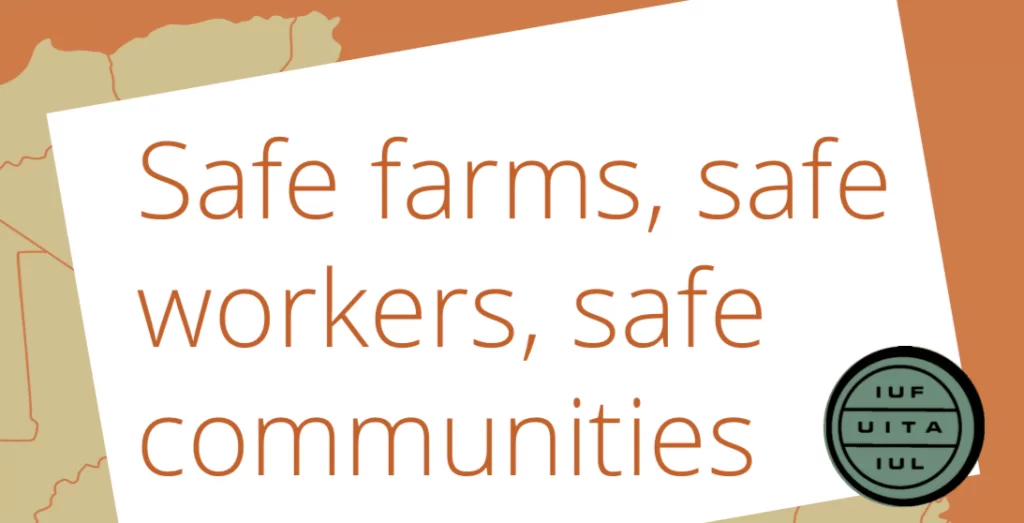The three-year outbreak of highly pathogenic avian influenza (HPAI), concentrated in North America, Japan and Europe has reached a dangerous new phase. Millions of birds are dead from the infection or from the culling of domestic poultry to prevent the spread. The virus has infected seals, sea lions, dolphins, grizzly bears, foxes, and ferrets; however, what worries scientists most is the discovery of H5N1, a dangerous strain of bird flu, on a mink farm in Spain. The respiratory receptors for viruses in minks have common characteristics with human receptors, and the danger of a mass spill over of bird flu to humans is now more likely. In humans, as in birds, H5N1 is deadly.
Upon news yesterday of the first child’s death from H5N1, Professor Diana Bell, expert in emerging zoonotic diseases from the University of East Anglia, stated, “Today’s news that a child has died in Cambodia is very sad and worrying, and I hope it is an isolated case. But we must understand that this virus has already been found to spread to and kill many mammals.”
- People most at risk of contracting bird flu are farmers and farm workers raising poultry, minks, and any other species which has been infected
- Clear communication of the risks to farmers, farm workers, and their representatives is urgent; regulatory authorities must attempt to prevent but also be prepared for an outbreak of HPAI in humans
- Biosecurity between farms and farming regions needs strengthening.
- Workers confronted with an outbreak of bird flu in domestic livestock need extra OHS protection including appropriate, gender-sensitive PPE and training
IUF Agricultural Workers Trade Group President Bev Clarkson stated, “The IUF Agriculture Workers Trade Group (AWTG) conference in November 2022 noted the alarming rise in animal diseases and the threat to workers. The Conference committed the IUF to develop OHS educational materials and resources on protecting workers from the threat of animal diseases. The IUF will continue to advocate for less-intensive and more climate-friendly methods of livestock raising which will reduce the risk of disease to both animals and workers.”
